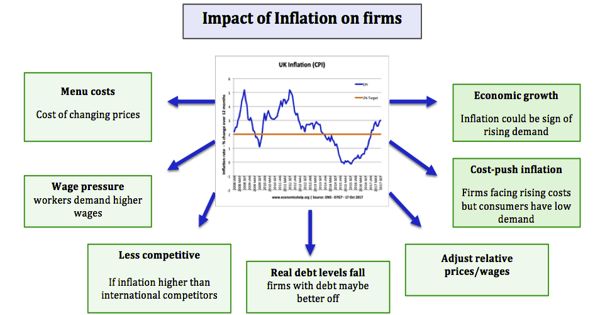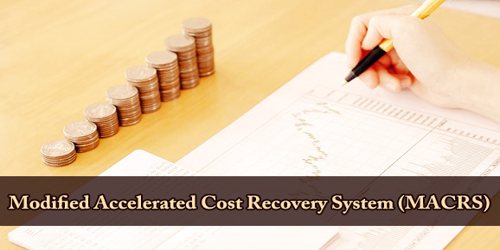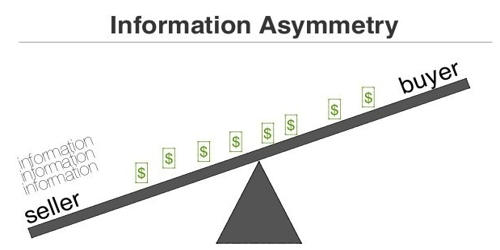The term “carbon bubble” refers to the idea that there is a risk of overvaluation of fossil fuel assets, which may experience a sharp decline in value as the world transitions to a low-carbon economy. The concept is based on the understanding that if the world is to meet climate goals outlined in international agreements such as the Paris Agreement, a significant portion of known fossil fuel reserves cannot be burned.
The carbon bubble is a hypothesized bubble in the valuation of companies that rely on fossil-fuel-based energy production. It is caused by future decreases in the value of fossil fuel reserves as they become unusable in order to meet carbon budgets, as well as recognition of negative externalities of carbon fuels that are not yet factored into a company’s stock market valuation.
According to the carbon bubble hypothesis, financial markets may overestimate the future value of fossil fuel companies because they are not adequately accounting for potential stranded assets—reserves that may become economically unviable or forbidden to exploit as a result of climate-related policies and efforts to limit global warming.
While most campaigns to reduce fossil fuel investment, production, and use have been motivated by ethical concerns, financial analysts, economists, and financial institutions have increasingly argued in favor of doing so for financial reasons. Thus, properly pricing fossil fuels based on the carbon bubble theory would make renewable energy much more appealing to invest in, hastening the transition to sustainable energy.
As countries and businesses around the world work to reduce greenhouse gas emissions and transition to renewable energy sources, there is growing concern that investments in the fossil fuel industry will suffer significant losses. This could be due to regulations, technological advancements, and shifting consumer preferences that reduce the value of fossil fuel assets over time.
The concept of a carbon bubble emphasizes the financial risks associated with climate change, as well as the importance of investors, businesses, and policymakers considering the long-term implications of carbon-intensive industries. Proponents argue that in order to mitigate these risks and support the transition to a low-carbon future, a more sustainable and responsible approach to investing and economic development is required.
















